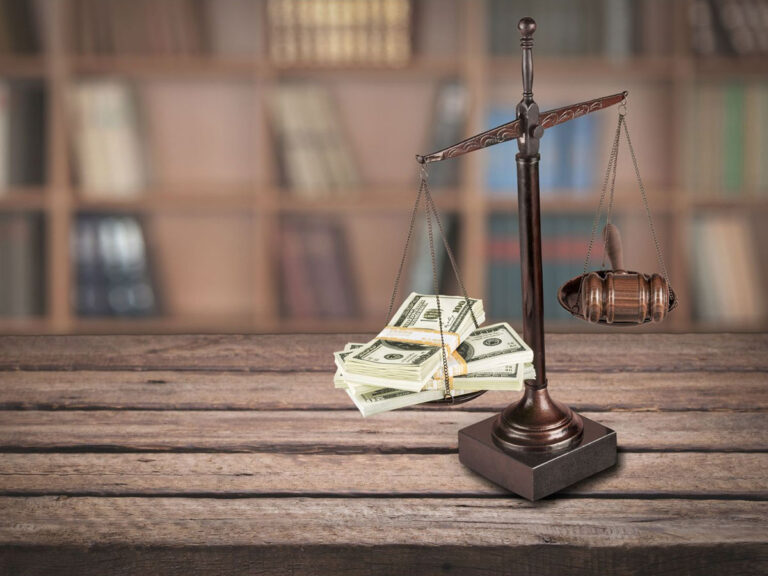Towns around the country in need of an economic boost have been trying to entice large-scale retailers to bring stores into their areas with promises of sales tax exemptions and other perks. These incentives are being hotly debated at the local government level. At issue is the loss of revenue to the state from these ventures. Does it pay? And will it hurt local small businesses?
The company at the heart of this struggle is Bass Pro Shops, a large chain retailer that is courting local governments all over the country for subsidies to build their shops.
What Sort Of Incentives Are They Getting?
The list of incentives stores like Bass Pro have received include property tax exemptions, tax increment financing (TIF), which reduces taxes for a site over a number of years, low interest taxable bonds issued by the Industrial Development Authority, sales tax exemptions, and property improvement at cost to the town or city involved. These subsidies have locals crying “corporate welfare,” as they argue that taxpayers will end up footing the bill for these projects and any problems they cause – such as damaged roads, flood zones and traffic problems.
While all of these incentives reduce state revenue and force consumers to foot the tax bill, the biggest trouble for small businesses comes from the sales tax incentives for these large stores. For their new store opening next year in North Charleston, SC, Bass Pro Shops will be receiving a tax break “that could allow them to essentially keep half the sales tax revenue they generate for (the next) 15 years,” according to David Slade at The Post and Courier. Do these stores provide enough of an economic boost to justify this revenue loss?
How Subsidies And Exemptions Affect State Revenues
The report “Fishing for Taxpayer Cash,” (PDF file) issued by the nonprofit, nonpartisan group, The Public Accountability Initiative, claims that Bass Pro projects have “won over $500 million in taxpayer subsidies” around the country. As long as it is boosting the economy with jobs, revenue and economic development, it’s all good – right? Not so fast. The report also claims that Bass Pro building projects in communities such as Harrisburg, PA, Mesa, AZ, Cincinnati, OH and Bakersfield, CA have resulted in broken promises, unprofitable shops, fewer jobs than promised, lawsuits and economic stress. Some projects have died before ground was even broken.
These large stores / tourist attractions are not guaranteed to restore economies or provide jobs, but they can and do eat up a state’s resources.
Sales Tax Exemptions: Pitting Big Business Vs Small Businesses
Is there any benefit in all this development to drive customers or revenue to local small businesses? In Buffalo, NY, the Bass Pro Shop site is so self-contained, with parking and restaurant locations, that visitors to the store never see local businesses, providing only so much “economic boost” from this tourist site.
The pain of unfair competition for small businesses doesn’t end there. In 2006, another chain store tourist attraction, Cabela’s, used creative legal positioning to win a special ruling exempting the shop from collecting sales tax in their Boise, ID location. Large scale stores can take the time and effort to creatively court incentives and bend sales tax regulations to meet their needs, furthering corporate profits and taking business away from small mom-and-pop shops that do not have the resources to play on this field.
Large retailer subsidies such as these generous sales tax exemptions appear to be on the rise across the country. Small businesses should arm themselves by getting informed on these topics and watching issues like the Marketplace Fairness Act, as well as speaking out to their local government representatives when large scale retail development projects enter their region.






